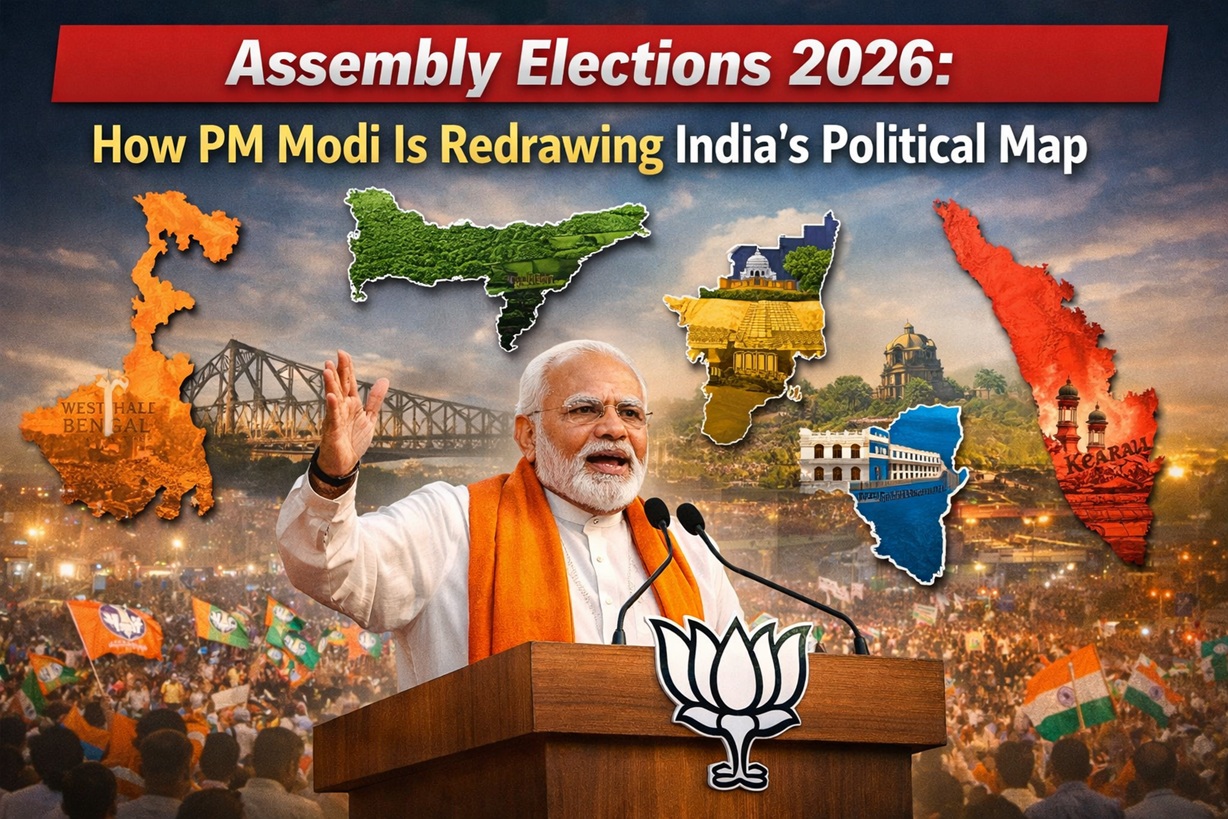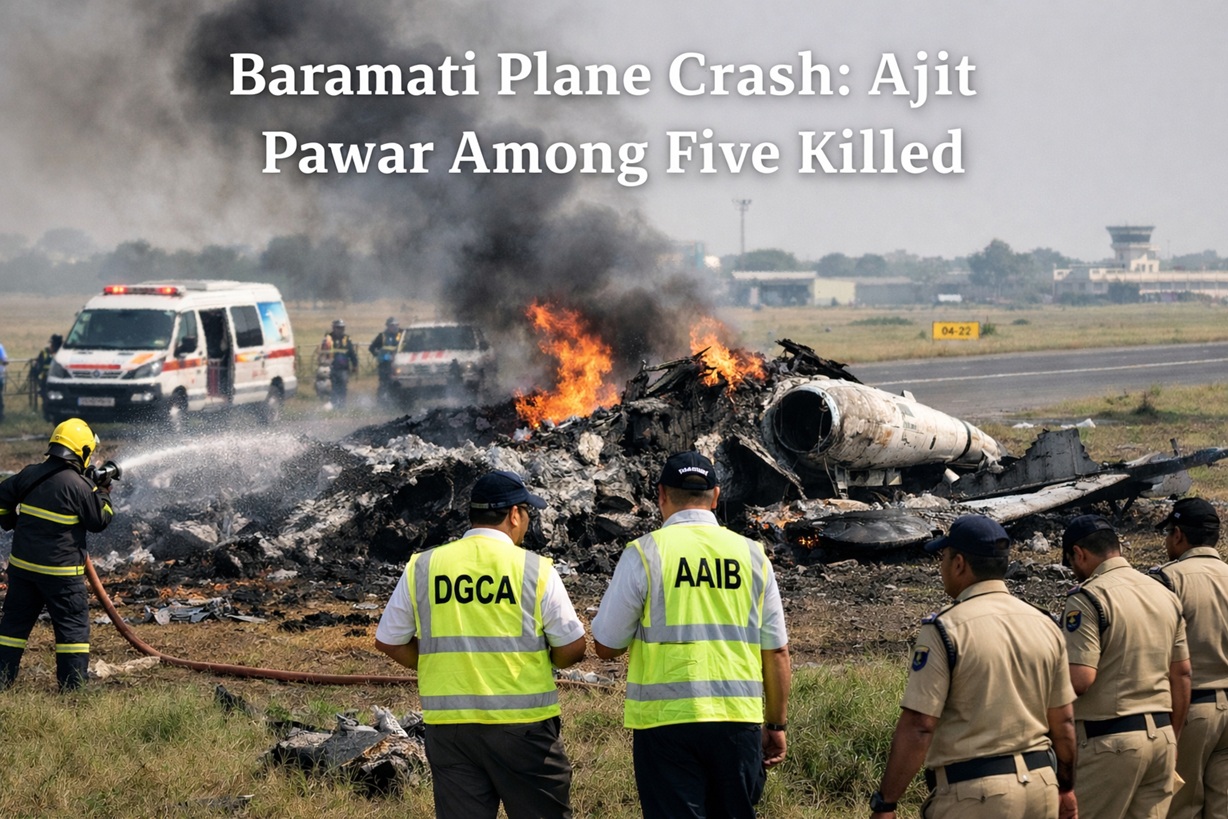Background: The Banglar Awas Yojana (BAY) is a housing scheme in West Bengal designed to provide affordable housing for economically disadvantaged residents. Launched as an alternative to the national Pradhan Mantri Awas Yojana (PMAY), the BAY aims to support rural families by allocating funds for housing construction and improvement. However, the scheme has recently come under intense scrutiny, with numerous allegations of favoritism and exclusion of rightful beneficiaries, triggering widespread protests across the state.
Nature of the Protests
The protests, now spanning several districts like Purulia, Birbhum, West Midnapore, and South 24 Parganas, are largely driven by allegations that many deserving families have been excluded from the BAY beneficiary lists. Hundreds of villagers have gathered outside Block Development Officer (BDO) offices, staging sit-ins and demanding explanations for the exclusions. The anger stems from a perceived manipulation of the lists, allegedly directed by local TMC leaders. The villagers claim that only those with political connections or relatives in influential positions are getting approved for housing aid, while those genuinely in need are being left out.
Core Allegations
Exclusion of Genuine Beneficiaries: Many villagers who meet the eligibility criteria for BAY assistance report that their names have been unjustly removed from the list. They allege that the scheme has been appropriated by TMC officials who are using their influence to favor supporters and relatives.
Inclusion of Politically Connected Individuals: There are multiple claims that wealthier individuals with established homes, often relatives of TMC leaders, are listed as beneficiaries. In some cases, officials have allegedly been pressured by local leaders to approve ineligible candidates.
Fictitious and Duplicated Names: Shocking instances have emerged in villages like Jagdanandpur in Purva Bardhaman, where a single name, “Sudeshna Roy,” appeared on the beneficiary list multiple times across different serial numbers. Upon investigation, villagers and local leaders found that no such person exists. This suggests the inclusion of fictional names to siphon off funds or divert resources.
Political Bias in the Selection Process: Some villagers have reported that officials were instructed to remove the names of individuals who did not vote for TMC candidates. This politically motivated exclusion has led to allegations of discrimination, with many protesting that they are being unfairly denied access to a scheme meant for all poor residents.
Possible Corruption and Bribery Demands: Beyond exclusion, there have been allegations of demands for bribes or personal favors to be added to the list. Some residents claim they were approached by local leaders who offered to add their names in exchange for money or other favors.
Administrative and Governmental Response
The West Bengal government, led by Chief Minister Mamata Banerjee, has faced criticism for failing to address these grievances transparently. Initial responses from state officials have mostly downplayed the protests as isolated incidents or minor technical issues with the listing process. Local media coverage on this issue has also been limited, leading many to criticize the state’s handling of the matter as lacking accountability.
However, the West Bengal government has emphasized that the Banglar Awas Yojana was designed to replace the PMAY scheme in the state and reflect the administration’s focus on localized governance. In her earlier statements, Mamata Banerjee had highlighted the need for self-sufficiency and had promised that funds for the scheme would come from state resources. Yet, this commitment is now under strain as these allegations and subsequent protests reveal irregularities and possible corruption in the scheme’s implementation.
Legal Action and Investigations
The situation has also escalated legally. A series of writ petitions have been filed in the West Bengal High Court, questioning the legitimacy of the BAY beneficiary lists. Among the notable cases presented is that of Jagdanandpur, where evidence of fictitious names and suspicious listings has prompted further judicial scrutiny. The court is examining complaints of widespread corruption, and if the allegations hold, it may direct state agencies to take corrective action or even involve central investigative bodies.
Public Sentiment and Political Implications
The issue has brought sharp criticism from opposition parties, who argue that the irregularities in the BAY program are symptomatic of larger governance problems in the state. BJP leaders, as well as members of the Left and Congress parties, have used these protests to highlight what they claim is widespread corruption within the TMC administration. This controversy is particularly significant as it involves housing – a crucial issue for rural families – and affects a demographic that TMC has historically relied on for support. The allegations of political bias in the distribution process may therefore impact TMC’s image and influence in Bengal’s rural areas, which are typically regarded as its strongholds.
Broader Impact
The controversy surrounding the BAY scheme has implications beyond West Bengal. The PMAY, a national initiative aimed at providing housing for India’s poor, has been adopted across other states, with implementation funded by both central and state governments. However, Bengal’s decision to replace it with the state-specific BAY has become contentious. This dispute between state and central schemes has raised questions over governance, transparency, and the efficacy of state-specific adaptations of national welfare programs.
What’s Next ?
The Banglar Awas Yojana, which was meant to be a model of state-led welfare, is now facing a credibility crisis. The exclusion of genuine beneficiaries, allegations of political favoritism, and mounting protests underscore the importance of transparency and accountability in government welfare programs. As the protests continue and legal challenges progress, the outcome of this controversy will likely have lasting repercussions on the trust between Bengal’s rural residents and their elected officials. The ultimate response by the government – and whether it will lead to substantial reforms in the administration of welfare programs – remains to be seen. This story is still developing, and it highlights the need for ongoing scrutiny of government policies and welfare schemes to ensure that benefits reach those most in need, free from political influence and corruption.





